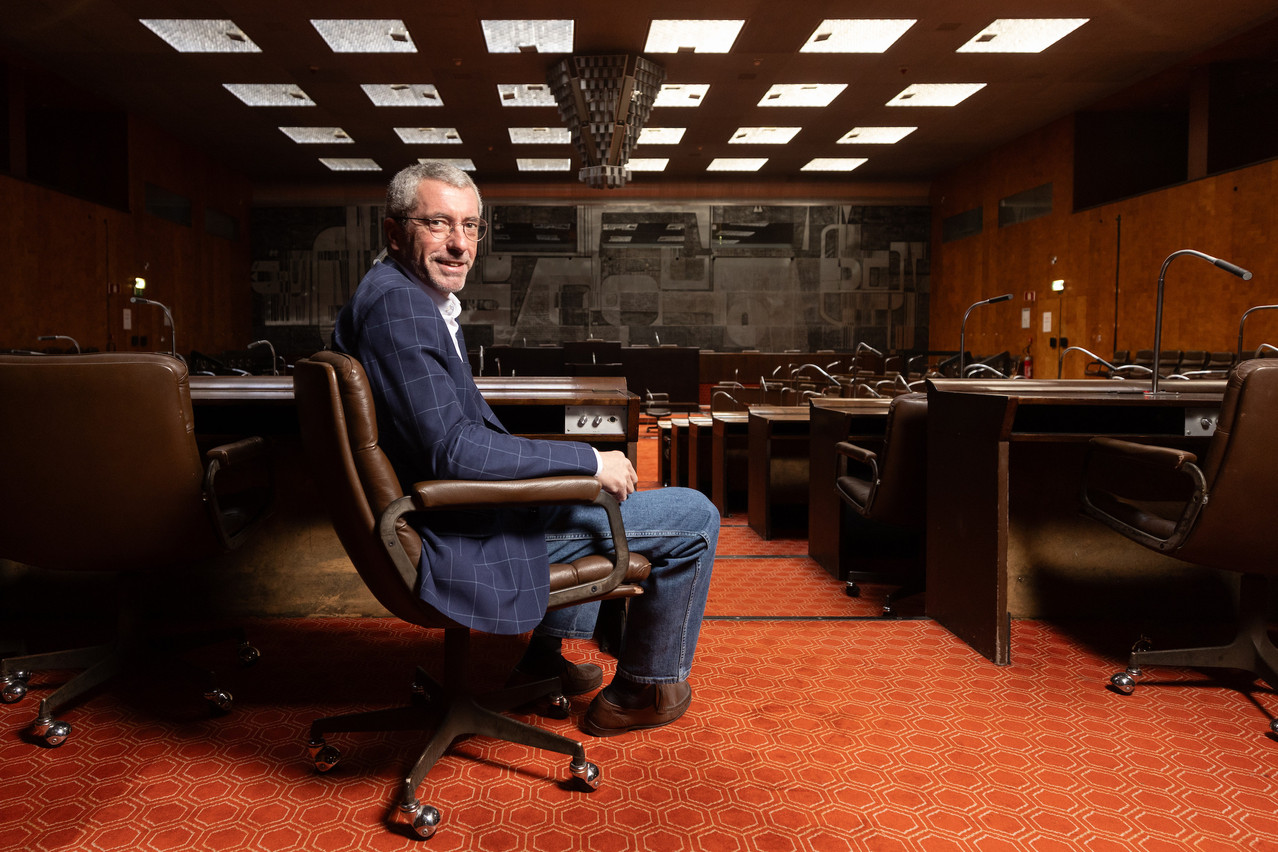Delano: What gets you out of bed in the morning?
: As a rule, the alarm clock. Getting up doesn’t always mean getting up for a specific reason. If the question intends to extract a ceremonious statement from me, in the style of “I continue to believe that humans are intrinsically good,” it won’t succeed. I lost that belief long ago. Russian attacks on Ukrainian civilians won’t cease because I get out of bed, sad as that is. However, I still like to be useful and do something for the advancement of various causes. Making Europe more relevant in global competition, helping to give it the resilience it needs to confront a brutal aggressor and struggle against stupid populism, anti-European slogans and the brainless glorification of national prowess are things that make me believe it’s worth getting out of bed.
What’s something that most people don’t realise about the upcoming elections?
These elections may be the last ones as we know them. If we lose the war against Russia--yes, we, because this war is against all European values and achievements as much as it is a war against Ukraine--there will be no European elections anymore. If we become meaningless in global competition, if we don’t manage the energy transition, if we don’t enlarge the EU so that future wars in the Balkans will be pre-empted, we don’t need to vote for a European parliament anymore. The legislature starting this summer is crucial as none has ever been for the future of the EU. Far too few of the actors of these elections are aware of this, or have the honesty and the conviction to confront this reality.
What does Europe mean to you?
Europe has always meant to me that I can live a life free of the worries of the national past. A life without war, without existential worries, without the risk of my city or village being annihilated or annexed by someone. All this has been reality here for many centuries. Europe means I can travel and work in any part of my continent, I can sell there if I produce something and buy there whatever I crave. If I had kids, they could study wherever they chose and settle wherever they like. Europe means an enormous cultural and linguistic diversity, human rights, the inviolability of human dignity, a welcoming place for those harassed and persecuted. Now it means defending all that, with everything we can muster--because it is at risk as it hasn’t been since 1945.
Which place in Luxembourg represents Europe to you?
There would be many. The tripoints we have around the country, Schengen with the symbolism attached to it, the castles reminding us of the outreach of medieval princes, Echternach, where Willibrord officiated in the early middle ages, at the start of an age that was certainly dark, but unified in belief--something we no longer manage even in aspiration. But we also have the first assembly hall of the European Parliament, at the Schuman building. The presence of this hall on Kirchberg means, theatrically, that Luxembourg is the birthplace of European democracy. That’s why it heads my list of meaningful sites.
A shorter version of this interview first appeared in of Delano magazine.
